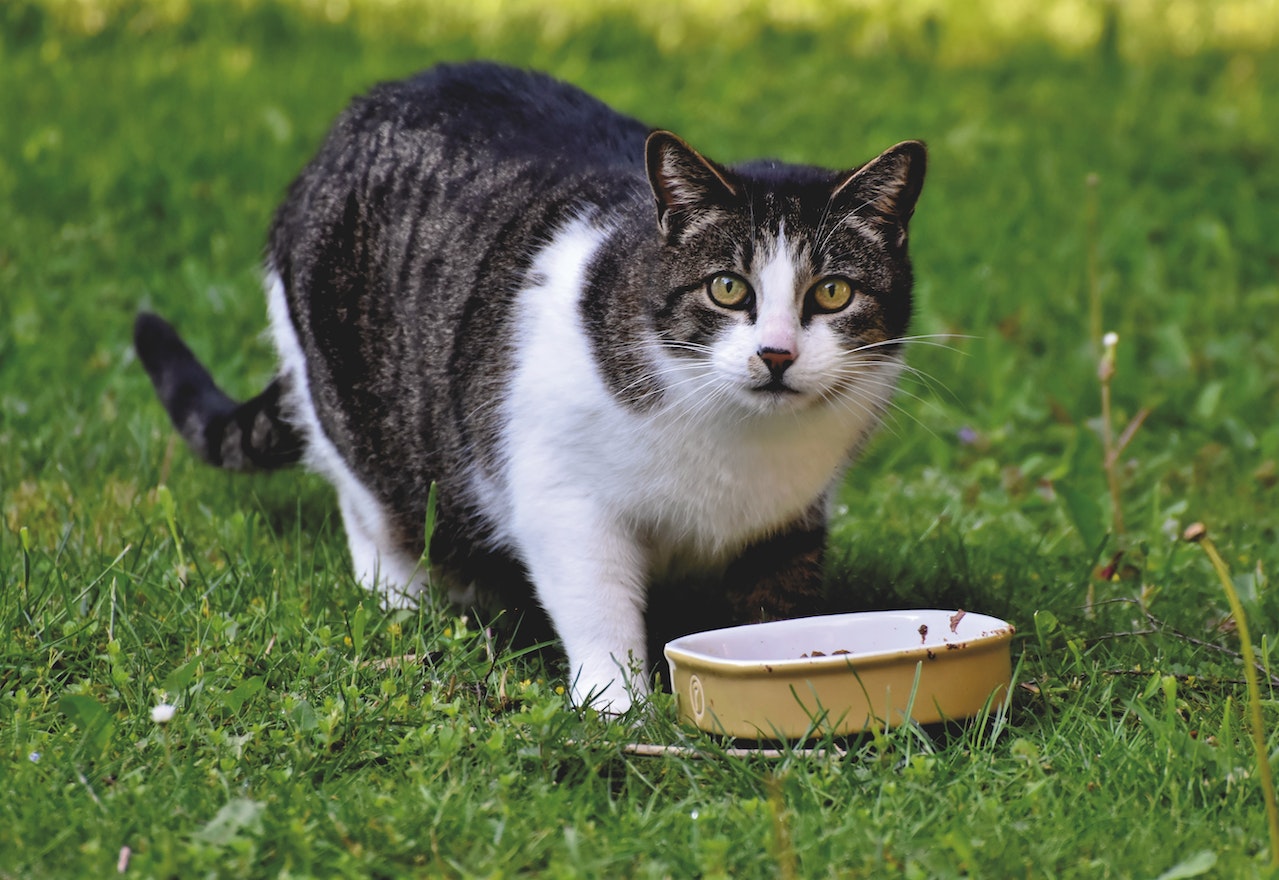As devoted pet owners, we all want to share a mealtime experience with our feline friends. While cats have specific dietary requirements, there are certain human foods that can be incorporated into their diet safely. In this blog post, we will give you answers to your question about what human food can cats eat, shedding light on a few key items that can provide variety and nutritional benefits to our beloved feline companions. Additionally, we will introduce Alta Vista Animal Hospital, a renowned institution that specializes in providing expert care and guidance for all your pet’s needs.
Understanding a Cat’s Dietary Needs
Cats are obligate carnivores, meaning their bodies are designed to thrive on a diet rich in animal-based protein. The majority of their nutritional needs are met through high-quality commercial cat food, specifically formulated to support their overall health. However, incorporating small amounts of certain human foods can be a safe way to add variety and enrichment to their meals.
Human Foods Cats Can Safely Eat
Cooked Chicken or Turkey: Lean, boneless, and skinless chicken or turkey can be a great addition to a cat’s diet. It provides protein and can be an ideal choice for cats with specific dietary restrictions or sensitivities.
Cooked Fish: Fish, such as salmon or tuna, can be offered to cats occasionally. It is an excellent source of omega-3 fatty acids, which promote healthy skin and a shiny coat. Remember to remove any bones and ensure the fish is cooked thoroughly to avoid potential parasites.
Cooked Eggs: Eggs are a valuable source of protein and amino acids. Cooked eggs can be given to cats occasionally, providing a nutritious treat or supplement to their regular diet.
Plain Rice or Pasta: Plain, cooked rice or pasta can be offered in small quantities. These items are gentle on a cat’s digestive system and can be beneficial in certain situations, such as when a cat is recovering from an upset stomach.
Small Amounts of Vegetables: Some cats may enjoy small portions of cooked vegetables like carrots, peas, or green beans. However, it’s important to note that cats are obligate carnivores, and plant-based foods should only supplement their diet, not replace animal protein.
Pumpkin: Plain, unsweetened canned pumpkin can be helpful in regulating a cat’s digestion. It contains fiber and can assist with both constipation and diarrhea. However, it should be used sparingly and under veterinary guidance.
Also read: How to Take Care of a Cat?
Expert Care at Alta Vista Animal Hospital
When it comes to the health and well-being of our feline companions, seeking expert veterinary care is paramount. Alta Vista Animal Hospital is a trusted pet clinic with a team of dedicated professionals who provide exceptional nutrition care for pets. They offer comprehensive services ranging from routine check-ups and vaccinations to specialized treatments.
Alta Vista Animal Hospital is a 24 hour vet in Vancouver, where pet owners can find expert guidance on various aspects of their cat’s health, including dietary recommendations. The experienced veterinarians and staff members understand the unique dietary needs of cats and can provide personalized advice tailored to each cat’s individual requirements.
Whether you have questions about what human foods are safe for your cat or need assistance with any other aspect of feline care, Alta Vista Animal Hospital is the place to go. Reach out to their team to schedule an appointment and ensure that your furry friend receives the best possible care.
Conclusion
While cats primarily require a diet based on high-quality commercial cat food, incorporating small amounts of certain human foods can be a safe way to enhance their meals.




